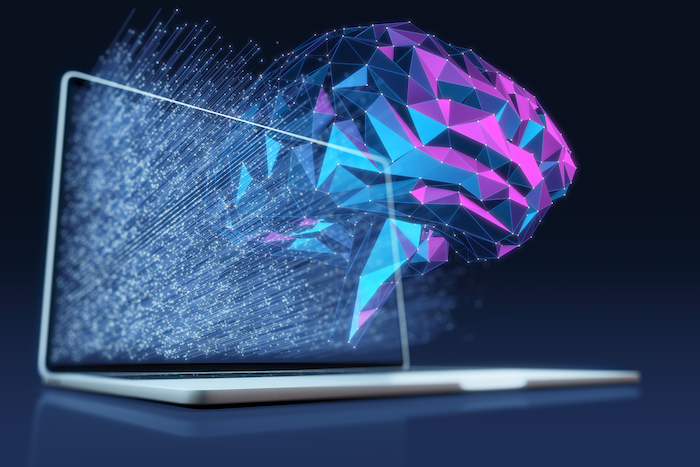Quantum computing uses special technology to solve problems that traditional computers can’t solve, or can’t solve within the required time frame. It is commonly used by engineers and scientists who need to address difficult matters. It may not be useful for typical businesses. However, those who need to process large data files with excessive datasets may benefit from the technology.
If your company would gain from quantum computing, you must prepare for the transition. You must assess how it will affect your business. Here are some factors to consider.
How to Prepare for Quantum Computing
Get Hands-On Experience
Quantum computing is a relatively new technology. As such, it is not a widely studied concept. You can make up for the lack of information by doing as much hands-on learning as possible.
Research can be helpful, but nothing will replace the experience of getting on the computer and trying it out. You will find it presents a different approach to computing. Hands-on experience will help you adapt.
Consider a Training Program
Hands-on experience can be valuable, but some companies may want to get experts in for training purposes. Some recent college grads offer this service. Quantum computing is often integrated into the college curriculum. Recent grads with computing degrees will know how to get your team started.
Start Doing
After an initial learning period, get ready to put your knowledge into action. Quantum computers are expensive, but you can use quantum simulators. This technology is more effective and offers the same results.
Quantum simulation also tends to be easier to use. Organizations have stated employees can pick up on the technology within an hour due to its automated features. Most users will find they can quickly adapt and move from learning to experimentation in as little as an hour.
Focus on Your High-Performance Computing (HPC) Capabilities
Running a quantum computing system requires high-performing classic hardware. The computers will provide the inputs and outputs that the technology requires. Additionally, these computers must keep up with increases in qubit quality and provide the speed necessary for processing.
The input layer of classic computing is especially useful. It plays a significant role in learning and programming. It will help feed the quantum processing unit (QPU) which essentially serves as the computer’s brain.
Choose Your Applications
Next, you must identify which applications and use cases within your organization can benefit from quantum computing. Once identified, you can partner with a vendor that will make the necessary connections.
The process is not an easy one. You must choose an accelerator that helps you determine the best solution. AI can provide insight into the application properties so you can figure out which level of accelerator will yield the best results.
Choose Partners with Quantum Experience
Because quantum technology is so new, it’s best to partner with a vendor with quantum experience. They will help you adapt to the next technology. They will provide demonstrations that make the technology more accessible.
Quantum Computing and Cybersecurity
Quantum computing poses a cybersecurity threat. Most critically, it requires companies to rethink the way they encrypt data. Quantum computers are smart, so they can easily break encryption codes.
You can solve the issues by using RSA encryption. Based on 2048-but numbers, a quantum computer would need to be at least 70 million qubits to break the code. Today’s largest computers are 53-qubit. It will be a while before a computer is introduced to the market that is large enough to break the code.
Quantum Computing and Processing
Quantum computing offers excellent processing power. It can help companies deal with vast amounts of data. The technology can analyze, store, and manipulate data without compromising speed.
One of the biggest benefits of quantum computing’s processing power is its ability to train machine learning models at a fraction of the time it takes classic computers to train. It helps artificial intelligence models make more accurate decisions. It adapts to new information seamlessly and can simulate complicated systems with a high level of precision.
Want to learn more about the technology that can make your organization a leader in its field? Sign up for our newsletter today.



0 Comments